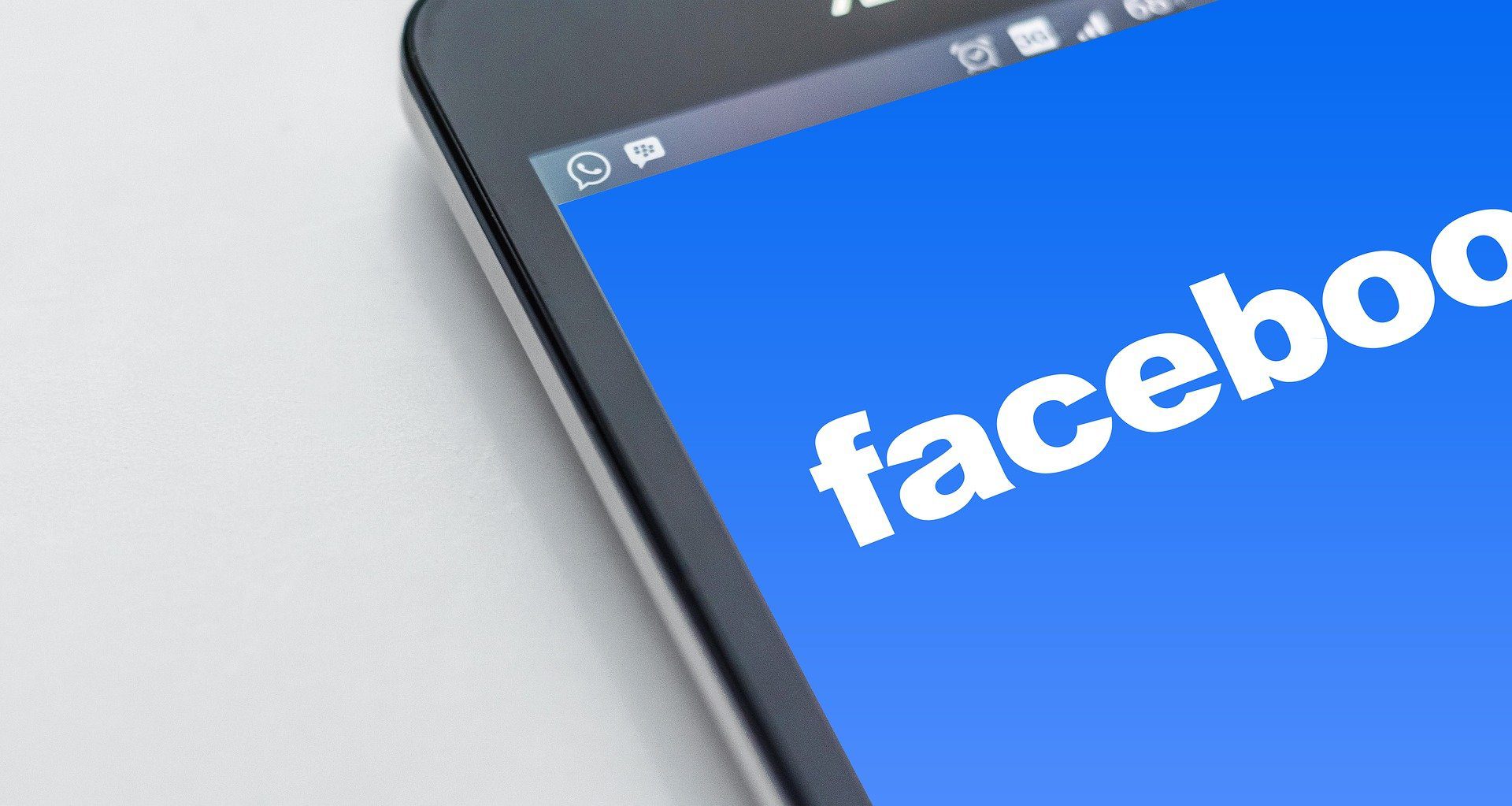“It’s the end of days for Pages, the Facebook apocalypse” – Social Media Examiner
“the end of the Facebook News Feed as we know it” – Mobile Monkey
“Facebook feed change sacrifices time spent and news outlets for “well-being”” – Tech Crunch
These are just a few of the headlines from my social media news and insight sources that have appeared after Mark Zuckerberg announced that his first move to ‘Fix Facebook’ in 2018 is to change how the News Feed works.
Is it as bad as all that? Well, as Jon Loomer put it – we just don’t know yet.
What are the changes?
Breaking it down, here’s what Zuckerberg is saying:
- People are better than Pages – he wants to encourage us to post more personal content, rather than just sharing videos and links, which he sees will create ‘meaningful’ conversation
- He thinks the passive content consumption of videos and links is bad for our well-being
- Posts from Pages and Publishers aren’t going to appear as much in News Feeds, even if they have a lot of clicks and Reactions
What does this mean for communicators using social media?
If you read through the announcements from Facebook, Mr Zuckerberg himself, and the more optimistic articles – it shouldn’t mean much. If you are posting content that is meaningful and will trigger conversation, your content should still appear in the News Feed.
If you read the analysis from other blogs (ones – it is important to point out – that rely heavily on Facebook for organic traffic to their websites), we’ve been backed into a corner where we can’t talk to our audience any more.
Here are 4 key things I’m taking out of this announcement:
- General day-to-day performance of our page posts will go down. We will see our organic reach decline further
- Comments will become the most valuable interaction on Facebook, clicks will not be ‘valued’ the same way in terms of engagement rate (BUT ‘comment bait i.e. ‘comment on this, tag a mate who does this’ will be punished)
- Advertising will become more expensive. As the reach for Page Posts reduces, there’ll be more demand for the already jam-packed advertising spots available on the News Feed
- Other platforms may become the best avenue for our campaigns. It may be that we find Twitter or LinkedIn offer a better alternative when it comes to talking to our audiences.
The important thing for us, as communicators, is that we remain flexible and adaptable in our strategies and campaigns so we make sure we get the most from social media to help achieve our objectives.
My thoughts
As marketers, this shouldn’t be a surprise, organic reach of page posts is next to nothing now anyway, but it’s always been pretty obvious that was Facebook’s way of forcing Pages to pay to have their posts seen. Is this another tactic to have us spend more money?
Most likely, but I think it is something more. Social networks evolve as user behaviour evolves. To me, it seems Mr Zuck wants to turn back the clock on Facebook and have it as it used to be… status updates about what we’re watching on TV, photos of our activity – back when Facebook was a platform for university students. But here’s the thing: we are still sharing that content, just not on Facebook. We use the likes of Instagram and WhatsApp (which Facebook owns) to talk about our favourite TV show with our friends, and document the story of a great day out to our friends and followers.
I think Zuckerberg needs to stop trying to manipulate user behaviour, these things evolve. Facebook has evolved into a content discovery platform where we enjoy videos of cute wild cats, or interesting facts and articles about topics we’re interested in. Let it be that, Mr Zuckerberg. Let the users do and share what they want.
